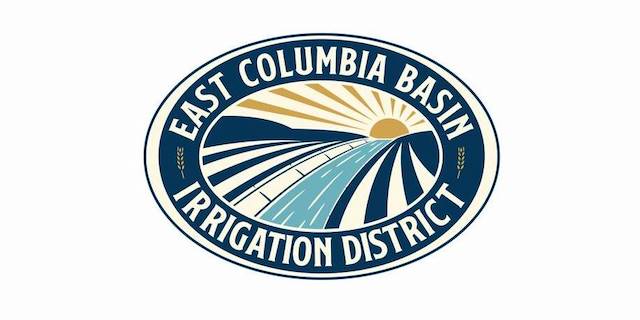Proposed water testing rules worry fruit growers
Published 1:17 am Tuesday, December 16, 2014
YAKIMA, Wash. — The Northwest Horticultural Council says irrigation water testing required in rules proposed by the U.S. Food and Drug Administration to enforce the Food Safety Modernization Act will be an expense and burden to tree fruit growers.
And one industry leader predicts the act will become as onerous as the Endangered Species Act.
Speaking at the Washington State Horticultural Association’s annual meeting early in the month, Warren Morgan, owner of Double Diamond Fruit, Quincy, said food safety standards packer-shippers adopted to satisfy retailers have generally improved the industry. But, he said, audit creep can be detrimental. There is a tendency for food safety to get bigger and bigger as it includes nonexistence risks to public health under the guise of social responsibility, he said.
“The focus should be on serious pathogens and not hairs in apple boxes. I want people in my company to focus on real threats not imaginary ones,” Morgan said.
The law will start out, like the Endangered Species Act, to do something good for the public, he said.
“But at the end of the day, ESA has turned into a club and tool to decimate industries and private property rights,” he said. FSMA will “get bigger, more intrusive and audits more painful” in time, he said.
Chris Schlect, president of the Northwest Horticultural Council, doesn’t know if that will happen. But, he acknowledged the potential, noting that obscure pests and animals are stopping economic activity under the ESA that its founders probably never envisioned.
“The amount gained in food safety might not justify the cost,” he said. “We have good food safety now for apples, pears and cherries. So doing this is at added cost and we still will have risks.”
FSMA’s produce rule initially was going to require monthly irrigation water testing, but it was pointed out pathogens die off in strong sunlight between watering and harvest, he said. Testing is less frequent under the new rule but it’s still too complicated given tree fruit is not high risk for spreading illnesses, he said.
Clarity still is needed on what amounts to field packing and what doesn’t, he said. The FDA claims imported fruit will fall under the same standards “but many of us are skeptical of that,” he said.





